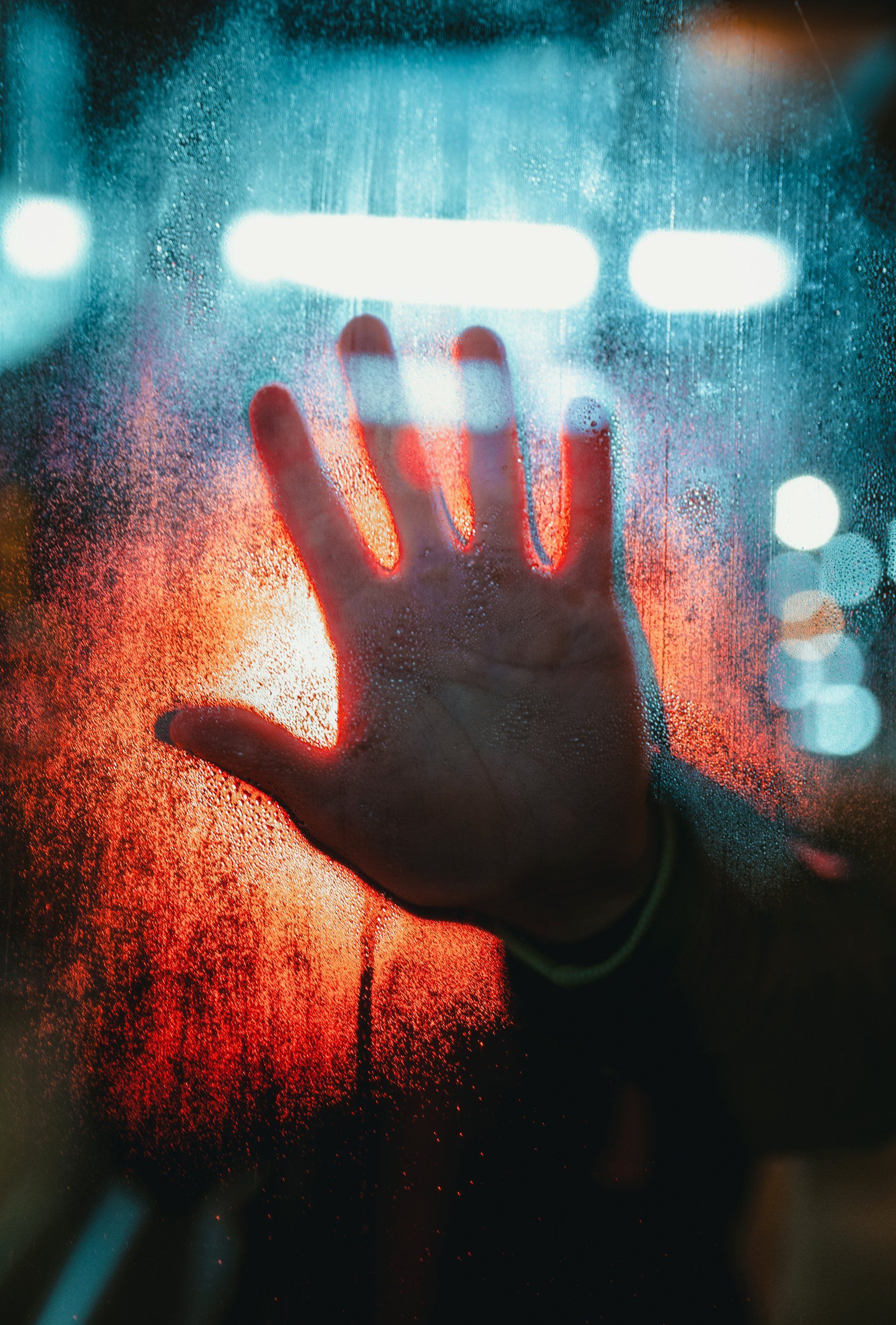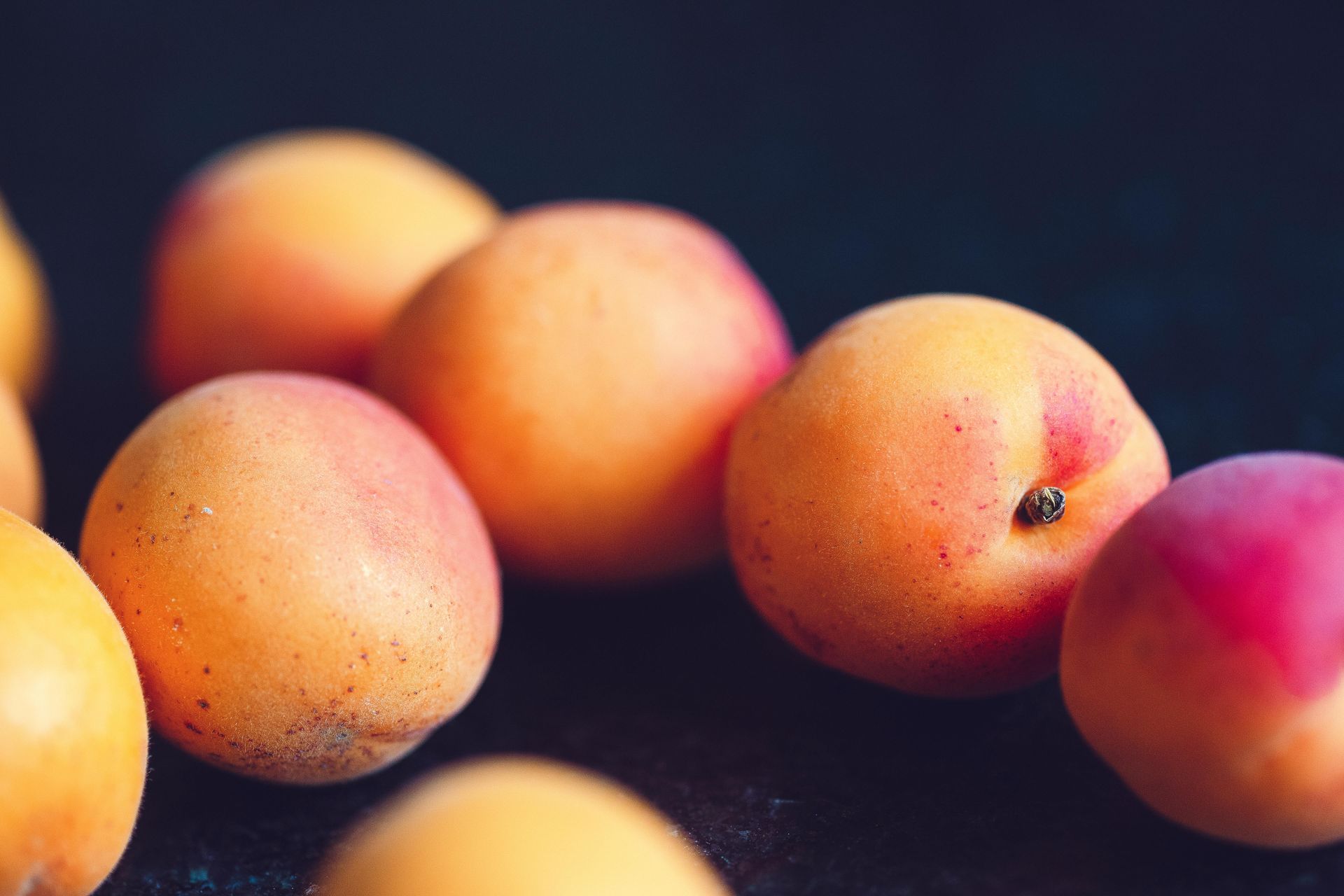The future of covid and England's ‘dangerous path’
As long as covid exists anywhere in the world, new variants will remain a threat. It depends on the opportunities it has to mutate and the selective pressures it faces. The UK currently has high numbers of cases and high vaccination levels, which means the conditions are ideal for new variants – and that's why England's approach has been so widely criticised worldwide.
Over half of UK adults have had two jabs, and we're now a few weeks into what scientists are calling England's ‘dangerous path’, with most restrictions lifted. So what might the future look like as we begin to ‘live with’ the virus?
What ‘living with covid’ means right now and in the near future
- We're facing a predicted 100,000 cases a day, mostly involving younger people
- The link between cases, hospital admissions and deaths has been weakened, but it isn't anywhere near broken
- The government says there's a four times lower risk of hospitalisation and around ten times less risk of dying
- A SAGE model suggests there'll be 100 - 200 deaths a day at the next peak. The worst case scenario - deaths and hospital admissions could exceed what we saw in spring 2020
- The earliest the next wave might peak is mid-August, but the timing depends on how quickly people stop taking precautions
- Experts predict that any increase in hospitalisations will affect routine treatments, adding to the NHS' already serious backlog
- SAGE says the biggest risks are a rise in long covid cases, workplace absences, and new variants
- Another wave could force the government to bring back restriction
What about the covid risks we'll face as individuals?
- Even if you're low risk, you can still pass covid on to vulnerable relatives and friends because vaccines don't totally prevent transmission
- A percentage of people will remain concerned about catching covid or ending up with long covid, and the vulnerable remain vulnerable
- Older people who've been vaccinated can get different covid symptoms when they catch the virus, often becoming withdrawn and delirious, and stopping eating and drinking. Care home managers know this, and are keeping their eyes open
- Less social distancing and mask-wearing makes it riskier for vulnerable people to mix with others. People with weak immune systems tend to have a vaccine effectiveness of 74% compared to around 85% for the rest of us. Some people with very weak immune systems can have no antibodies to the virus at all, even after 2 doses of vaccine
- The current four 'variants of concern' are alpha, beta, gamma and delta. The WHO has added 'variants of interest' to the list: eta, iota, kappa and lambda. More variants are emerging
How about the longer term covid future – What might that look like?
There's no chance covid will just go away. Like the 1918 flu virus, which is still around, we'll need to cope with it for years if not decades or even centuries. Scientists have taken a look at various aspects of our lives and predicted what might happen in the not too distant future. This is what they're saying:
- The 2020-21 winter flu season didn't happen thanks to covid. Influenza, the common cold and respiratory syncytial virus (RSV) barely had any impact. The Academy of Medical Sciences says the UK can probably expect a worse than usual flu season this winter, with 1.5 to 2.2 times the normal number of flu cases, more RSV cases, and more colds
- Opening up society means more people will die from covid-19 than if restrictions remained. Unlike the UK many countries, including New Zealand, have decided no infections or deaths are acceptable, instead insisting on elimination. A team at Imperial College London predicts anything from 9400 to 113,000 deaths from covid in England between July 2021 and June 2022
- More of us will end up with long covid. The number of long covid cases is growing by 700 a day at the moment
- Most UK under 18s haven't been vaccinated. Their infection rate is soaring, putting others at risk. This means children and young people will quickly become the source of most infections in vulnerable people
- The search is already on for treatments that people with milder covid could take at home. It's good to know that every drug that works as a treatment might also prove to be a good preventative medicine. There's a trial into two preventative drugs going on right now at the University of Nottingham, and more around the world. One, molnupiravir, has been proven to reduce hospital admissions in India, in people with mild covid
- In a few decades' time younger people might not have any immunity to the original variants. Another variant then could trigger more waves of infection, as happened with the 2009 swine flu pandemic which hit young people worst of all
What's the worst case covid scenario?
- The worst case scenario is a future with ongoing waves of severe disease. This could happen if worldwide global vaccination rates remain too low (as they are now), immunity doesn’t last, covid mutates to evade our immune response, or covid simply becomes a lot more serious
- The middle and most likely outcome is that covid eventually becomes a flu-like seasonal virus with 'intermittent epidemic peaks', managed via vaccination
- The best-case scenario? Covid fades away to become not much worse than the four coronaviruses that cause the common cold
The future is covid – You need UVC covid disinfection!
Even if the most likely second scenario happens, humanity will have to live with covid for a very long time to come. This virus will change our world for the foreseeable future. If you've been delaying taking permanent measures like buying one of our covid disinfection machines, which use UVC light to kill the virus off, you might want to bite the bullet and make your business safe sooner rather than later.










